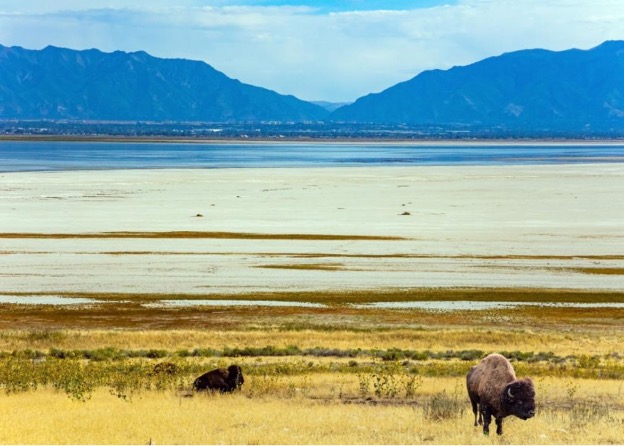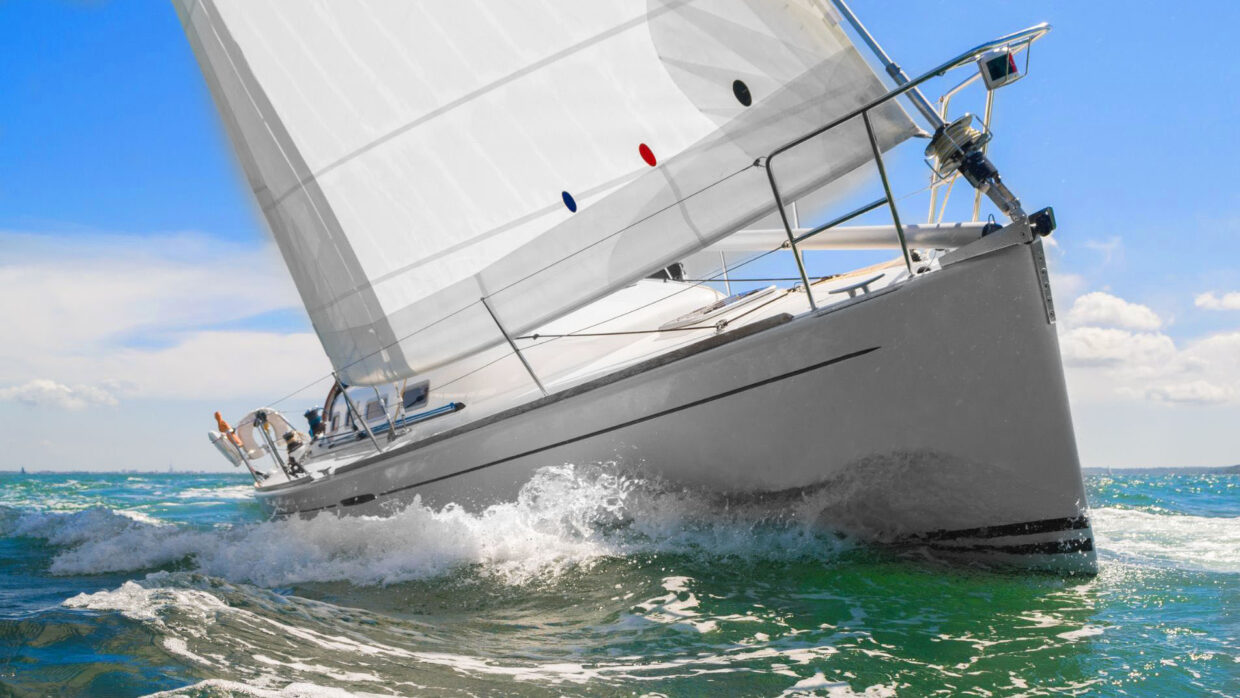Vermont's lakes, rivers, and ponds hum with the promise of adventure, but before you cast off for that long-awaited escape, there's one essential item on your nautical to-do list: ensuring your boat is properly registered. It's not just a legal dance with paperwork; it's a gateway to responsible stewardship of our shared waterways and a guarantee of smooth sailing. So, let's navigate the sometimes murky waters of Vermont boat registration, uncovering insider tips most boaters miss and leaving you prepared to hit the waves with confidence.

First things first
Not all watercraft require registration in Vermont. Paddle power reigns supreme with canoes, kayaks, and non-motorized sailboats cruising registration-free. But the moment you introduce an engine, things get interesting. Whether it’s a sprightly outboard or a gentle electric hum, all motorized vessels, including personal watercraft, need a Vermont Certificate of Registration and those eye-catching validation stickers adorning their sides. Now, let’s dive into the details, from essential documents to unexpected quirks.
Required Documents
Imagine you’re the proud captain of a brand new vessel, still gleaming from the shipyard. For you, registration requires the original Manufacturer’s Certificate of Origin – think birth certificate for your boat. If you’ve inherited a seasoned sailor, its previous Certificate of Title, signed by all listed owners and free of liens, is the key. Don’t forget a bill of sale for both scenarios, detailing the make, year, hull identification number (like a social security number for your boat!), purchase price, and, of course, the seller’s signature. Sounds straightforward, right? But here’s a secret most websites won’t tell you: if you bought your boat used from a private seller, ensure the Vermont Department of Motor Vehicles (DMV) processes the title transfer before registration. Skipping this step can lead to registration delays and unwanted headaches.
For Out-of-state Boaters
Now, if you’re a seasonal Vermonter or an out-of-state adventurer, Vermont welcomes you with open arms (and lakes!). Boaters from states offering similar reciprocity can operate their registered vessels for 90 consecutive days, but remember, exceeding that limit means obtaining a validation sticker. For those hailing from states with different registration rules, fear not! You can still enjoy Vermont’s aquatic bounty for up to 60 days with a temporary registration – just head to your local town clerk or the Department of Fish and Wildlife.
Safety first, always!
Vermont, like many states, takes boater education seriously. Anyone born after January 1, 1974, needs a boater safety education course certificate to legally operate a motorized vessel. Think of it as your passport to responsible boating, ensuring you navigate not just the waters, but also the rules of the road (or, well, the lake). Online courses abound, making it easier than ever to earn your boating stripes.
But wait, there’s more! Beyond the legalities, remember, registration plays a crucial role in search and rescue efforts. Those nifty registration numbers act as your boat’s unique identifier, ensuring help finds you quickly should the unexpected arise. Plus, registration fees contribute to vital aquatic resource conservation and safety initiatives, keeping Vermont’s waterways pristine for generations to come.
Conclusion
So, with your paperwork in order, safety education under your belt, and those validation stickers proudly displayed, you’re one step closer to casting off for unforgettable Vermont adventures. But registration isn’t just a checkmark on your to-do list; it’s a commitment to responsible boating, shared waters, and lasting memories. And speaking of lasting memories, once you’re registered, remember Boatzon can help you find the perfect dock, slip, or mooring to call your own, transforming your boat from a registered vessel to a cherished home away from home on Vermont’s sparkling waters. Now, with everything in place, the only question left is – where will your next nautical adventure take you?




